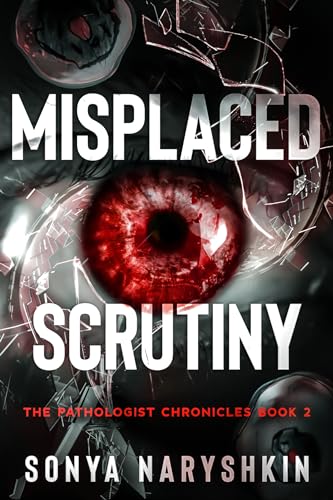Intellectuals and the Communist Idea describes how the Communist ideology penetrated into Czech culture and politics from the dawn of the twentieth century into the late 1930s, just before the outbreak of WW II in Europe. Based mainly upon the research of contemporary primary sources, the analysis examines the complex issue of personal reasons and individual motivations, appealing slogans, and ideological and power peripheries connected with the formation of the relationship between the newly-founded Communist Party in Czechoslovakia and the left-wing artists and intellectuals declaring themselves Marxists. The work follows two main paths: the first is marked by the melting of the pre-war (meaning WWI) libertarian communism and radical left-wing stream in Czech politics into the Czechoslovak Communist Party, established in 1921 and becoming a strong and relevant political subject soon after its foundation. The second path follows the left-wing art front involvement in the Communist Party and its activities within. This concise insight into the world of Czech Communist intellectuals uncovers the ideological bigotry and intolerance of the Communist class-defined ideology, together with pointing out the unprincipled pragmatics of the ideological flops committed by the members of the interwar Communist movement under Lenin's and later Stalin's ward. The book illustrates clearly how the initial enthusiasm of the Czech Communist intellectuals eventually changed either into disillusionment resulting in their disaffiliation with Communism, or into permanent fear and obedient loyalty, which later became the base for establishing the Communist system in post-WW II Czechoslovakia.


